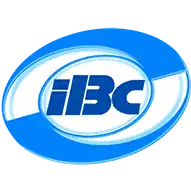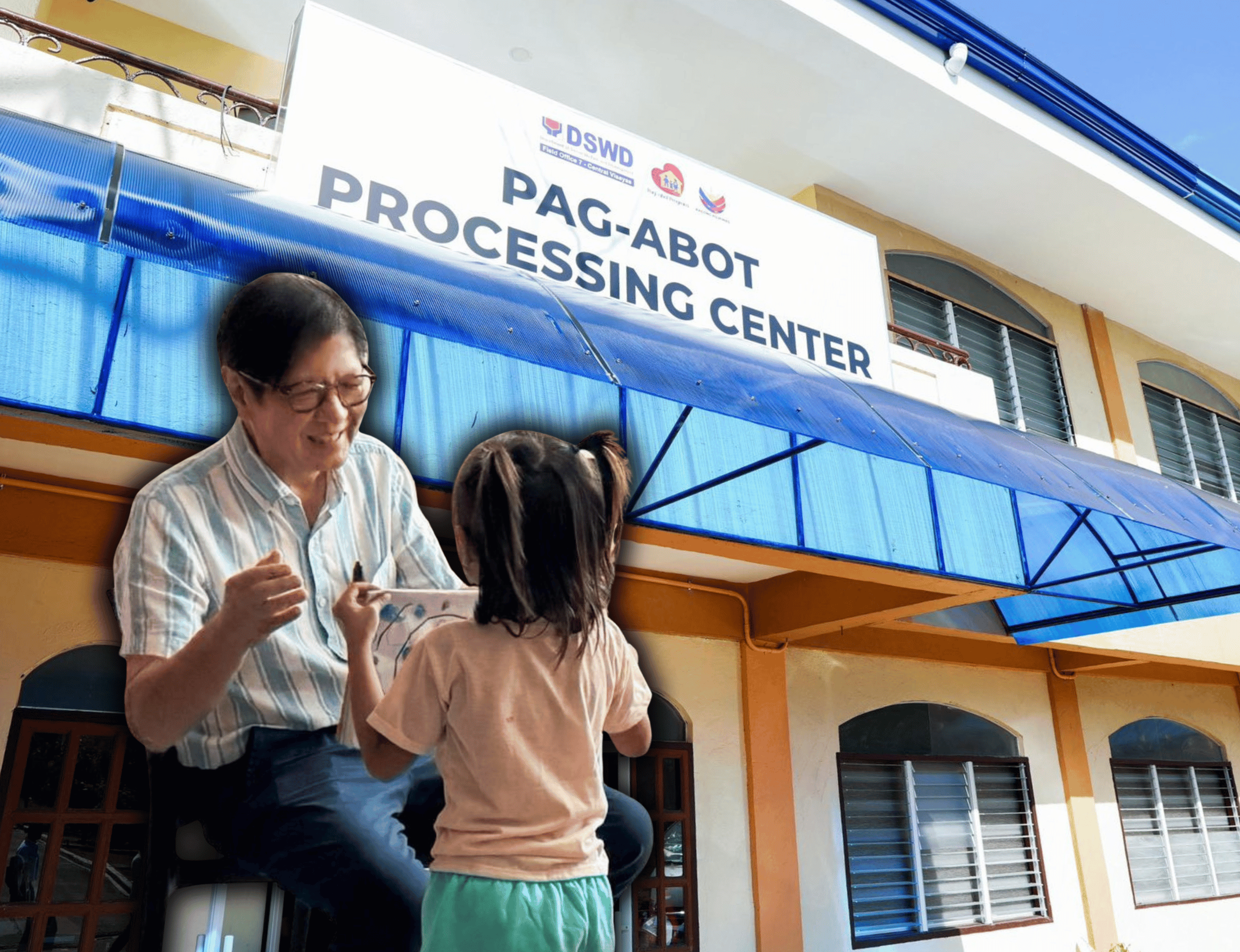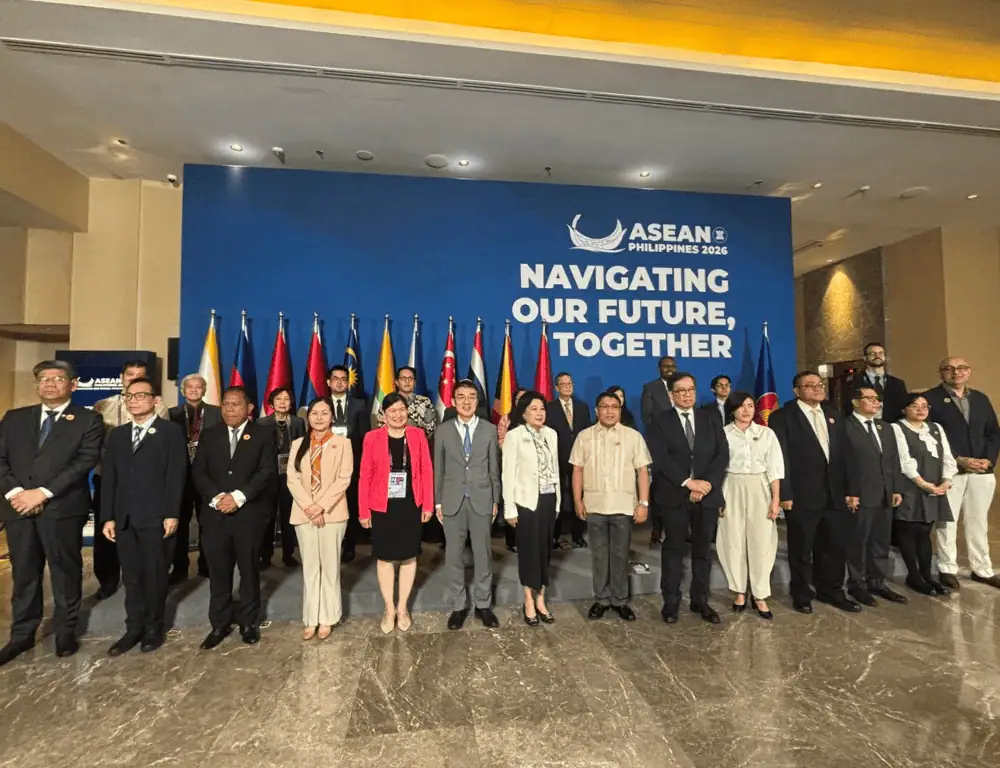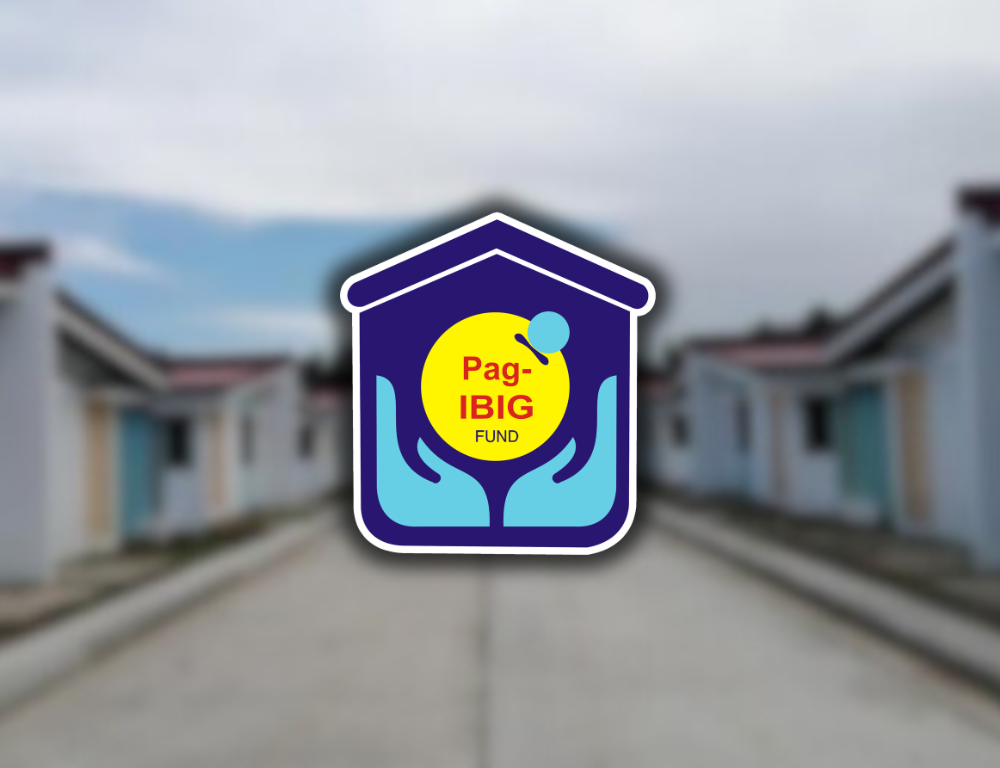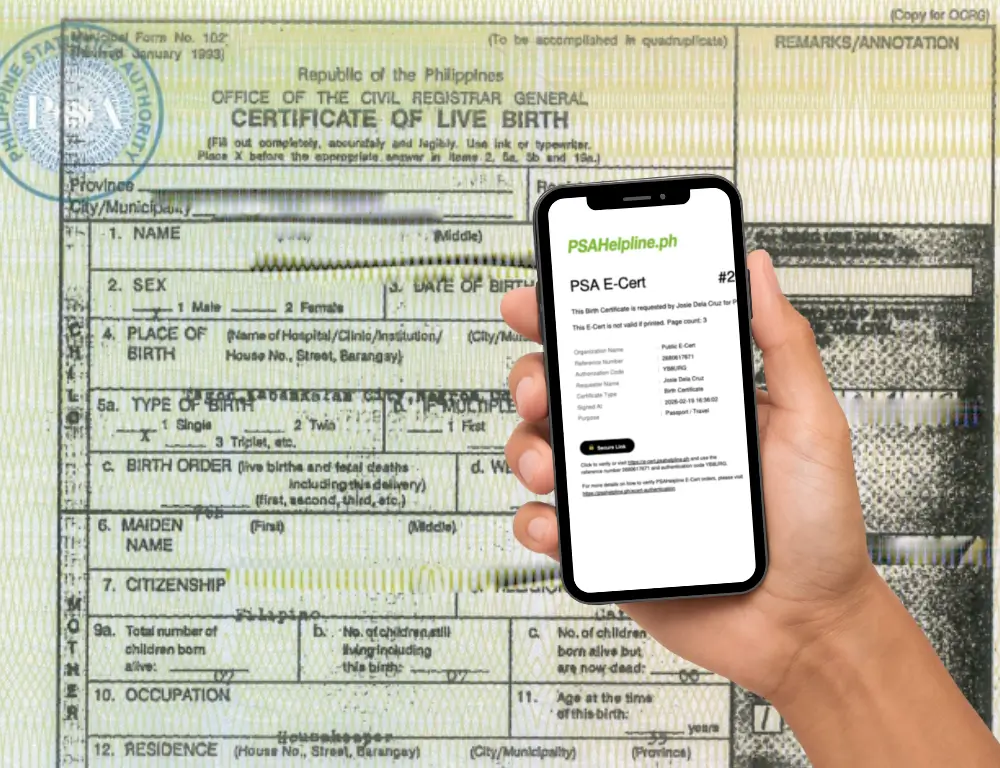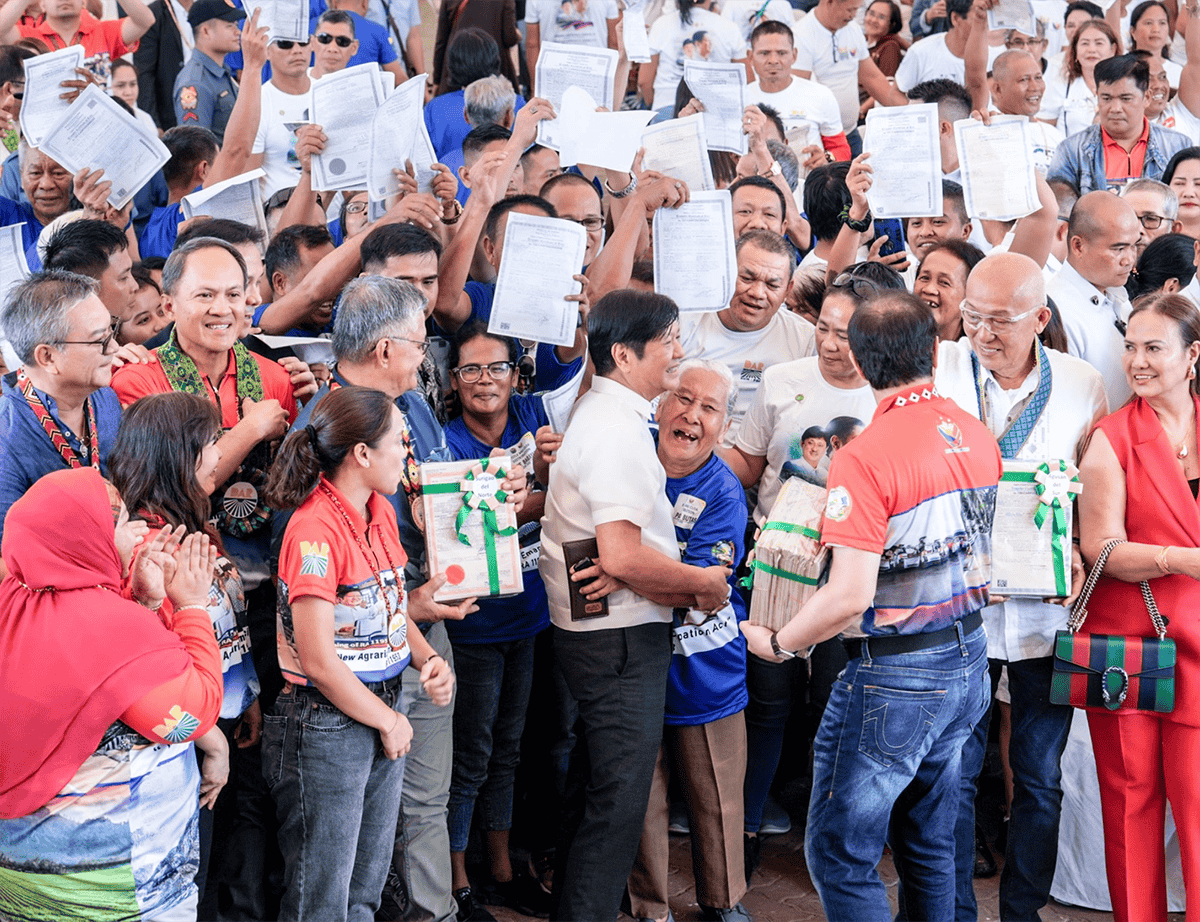
To say that the role of the Mindanao region in achieving the Philippines’ goal of food security is important would be an understatement.
The government itself dubs the region, which is home for more than 26 million Filipinos based on the 2020 census of the Philippine Statistics Authority (PSA), as the country’s “food basket”.
A report from the Food and Agriculture Organization (FAO) of the United Nations states that the Mindanao region alone supplies more than 40 percent of the country’s food requirements and contributes more than 30 percent to national food trade.
In the same report, the FAO stated that one-third of the lands in Mindanao are used for agricultural purposes.
These figures are reflected in the Population and Labor Force report of the PSA, which states that of the more than 11.8 million workers in the agriculture sector in the entire Philippines as of 2018, a whopping 4.294 million live in Mindanao.
Despite the rich natural resources of the Mindanao region, however, poverty remains rampant among its residents.
Another PSA report published in August 2024 showed that in 2023, the Zamboanga Region and the Bangsamoro Autonomous Region in Muslim Mindanao recorded the two highest poverty incidences in the entire country at 24.2 percent and 23.5 percent, respectively.
Northern Mindanao’s poverty incidence was at 18.4 percent, SOCCSKSARGEN at 17 percent; Caraga at 14.9 percent; and Davao Region at 11 percent.
The biggest victims of poverty are farmers and fisherfolk. A separate PSA report stated that fisherfolks and farmers remain to have the highest poverty incidences among the basic sector at 30.6 percent and 30 percent, respectively, as of 2021.
Such figures prompted the government to implement interventions to support local farmers in the Mindanao region-one of which is the Convergence on Value Chain Enhancement for Rural Growth and Empowerment (ConVERGE) project of the Department of Agrarian Reform (DAR).
The project, which was implemented in collaboration with the International Fund for Agricultural Development (IFAD) and launched in 2015, aims to alleviate rural poverty by integrating smallholder farmers into value chains, thereby increasing their profit and ensuring the sustainability of their agricultural enterprises.
The project seeks to enable Agrarian Reform Beneficiaries (ARBs) to become highly productive and competitive entrepreneurs and ultimately achieve broad-based rural economic growth.
The project covers 10 provinces in three regions, specifically Zamboanga del Norte, Zamboanga del Sur and Zamboanga Sibugay in Region IX; Misamis Oriental, Camiguin and Bukidnon in Region X; and Agusan del Norte, Agusan del Sur, Surigao del Sur and Surigao del Norte in the Caraga Region.
In line with the implementation of the project, the government identified 11 Agrarian Reform Community (ARC) clusters in Mindanao, using the value chain approach and National Convergence Initiatives (NCI) as the platform of implementation, and tapping Agrarian Reform Beneficiary Organizations (ARBOs) as conduits of services and interventions, and to enable collective operations in production, harvesting, storage, processing, and marketing.
The ARC clusters allowed the beneficiaries to coordinate their production methods to produce quality products as well as collaborate on other business activities.
Under the project, value chain business development plans were crafted for the 11 ARC clusters with focus on key commodities in the regions such as rubber, rice, abaca, sugarcane, cassava, coconut, and coffee.
Based on the plans formulated, the project financed the development along the value chain, including the provision of materials needed for production including seeds, fertilizers, as well as tools and equipment.
The project also covered the process of value addition to the products such as product development, branding, packaging, logistics, certification and accreditation, and food safety and product quality, among others.
Infrastructure such as farm-to-market roads, access roads and bridges, drainage crossings, and postharvest facilities were also constructed to help the ARC clusters produce and transport their product to the market.
Moreover, Collective Certificates of Land Ownership Awards currently held by groups of ARBs were also subdivided into individual ARB CLOAs in a bid to stabilize ownership and property rights in the project areas.
“DAR’s agrarian reform policy is anchored on President Bongbong Marcos’ inaugural State of the Nation Address on the ‘unequivocal commitment to continue agrarian reform program’ ,” Agrarian Reform Secretary Conrado Estrella III said.
Objectives achieved
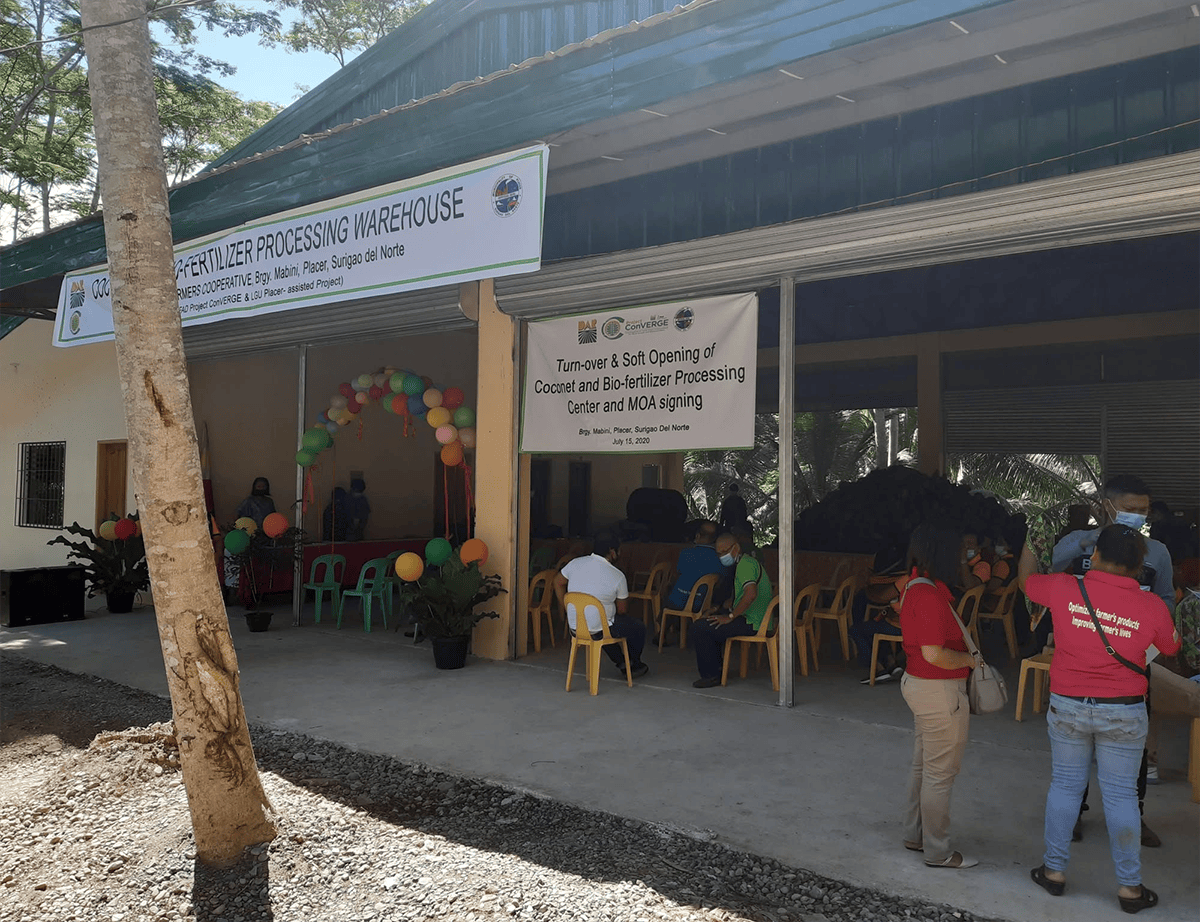
The ConVERGE project officially started on October 26, 2015, when the loan agreement with the IFAD took effect. The project was supposed to end in 2021 but it was extended to 31 December 2022 with loan closing date of June 2023 to finish its implementation.
Based on records from DAR, the project benefitted 38,784 ARBs and 323,525 household members by the end of its implementation.
This included smallholder farmers, unemployed or underemployed rural youth, indigenous peoples, women, and members of eligible ARBOs.
Moreover, 83 ARBOs also received value chain equipment including post-harvest facilities and inputs, while ARBOs who are not part of the program indirectly benefitted from the constructed farm-to-market roads.
A total of 4,181 farmers also received training on value chain focusing on enterprise management and market competitiveness while 5,075 farmers were trained on production technologies. Also, 4,758 farmers were provided agricultural inputs through grants.
Moreover, a total of 11,712 hectares of land were subdivided into individual titles from collective ownership benefiting 7,327 ARBs.
Farm-to-Market roads were likewise constructed or improved to enhance market access. However, the project only completed 99.27 percent of the target due to funding constraints and changes in government policies on road concreting costs.
Nonetheless, the endline evaluation study commissioned by ConVERGE reported a significant 41 percent average treatment effect, affirming the project’s Theory of Change in enhancing income for ARC cluster households through value chain interventions involving improved access to markets, better productivity, and enhanced capacity for agribusiness operations. This study was undertaken by the Philippine Institute for Development Studies (PIDS) in the second semester of 2022 and published in September 2023.
Stories from the ground
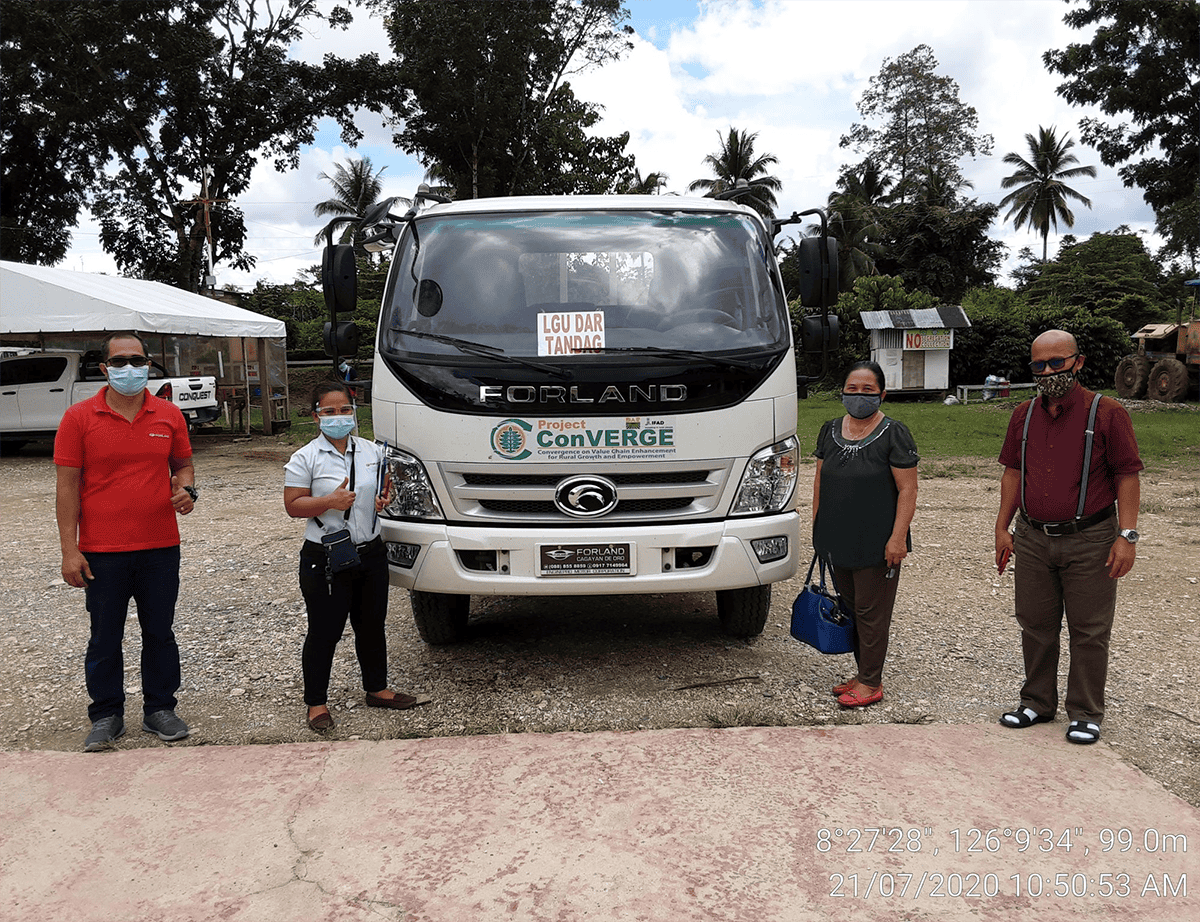
Beneficiaries of the program included IP communities in provinces like Bukidnon. They are members of Maraymaray Agrarian Reform Beneficiaries Cooperative who received a muscovado sugar processing facility and equipment from the government.
A farm-to-market road was also constructed in the area to help them deliver their goods. According to Milagros Cambari, an IP beneficiary from the Manobo tribe in the province, the newly-built roads allowed them to deliver their products to urban centers, thereby giving them a source of income.
Another IP member, Madiluz Cabelis, said that the project provided them a “voice” in the value chain market.
Meanwhile, another beneficiary of the program, Mauro Alcemar of Misamis Oriental, said that the Project ConVERGE helped them survive the pandemic.
He said the benefits of the program would extend to the next generation of farmers since the program made their business more sustainable.
In Agusan del Sur, a group of 16 ARBOs also received assistance from the government.
In their area, the Southern Agusan Multi-Purpose Cooperative (SAMPCO) serves as the lead ARBO in the cluster which is in charge of processing and marketing the farm products while the other 15 participating ARBOs are in charge of the production.
SAMPCO received a multi-pass rice mill worth P5.4 million and a recirculating mechanical dryer worth P3.1 million. Aside from these, the group also received farm tractors, hauling trucks, and other processing equipment from Project ConVERGE.
In total, the group received P28.058 million-worth of assistance from the government. The other 15 ARBOs received P23.447 million-worth of farm machinery and equipment needed in palay production.
“The interventions of the Project ConVERGE have big impacts on the lives of our ARBs in the four towns in Agusan del Sur,” Provincial Agrarian Reform Office II Loida Jones of the Department of Agrarian Reform-Agusan del Sur told the Philippine News Agency.
“The ARBOs now have the capacity to increase their farm production and were able to establish linkages not only in the province but also in the entire region in the marketing of their farm products,” she added.
